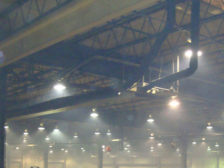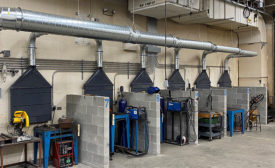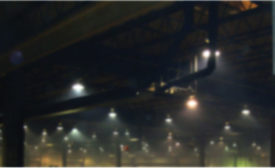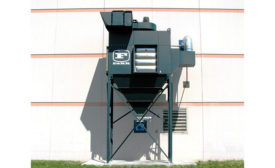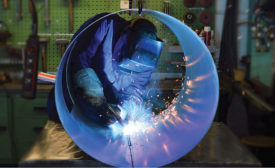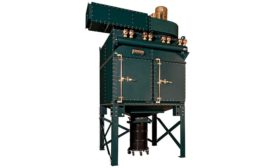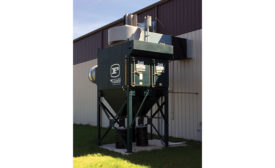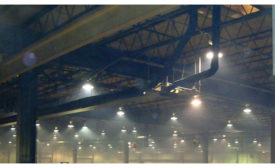Jon Ladwig
Jon Ladwig is a metal industry specialist for Camfil Air Pollution Control (APC). Camfil APC is a global manufacturer of dust, fume and mist collection equipment and is part of Camfil, the largest air filter manufacturer in the world. Telephone 800-479-6801 or 870-933-8048; www.camfilapc.com.
ARTICLES
4 warnings of welding fume problems
Check health concerns, air quality standards, fume build-up and equipment
June 1, 2018
What to do when cold weather prevents opening doors
Escaping smoke & fumes
December 1, 2016
Trouble controlling welding fumes?
Dense clouds, complaints & failing filters are warning signs
June 1, 2015
Get our new eMagazine delivered to your inbox every month.
Stay in the know on the latest safety trends.
SUBSCRIBE TODAYCopyright ©2024. All Rights Reserved BNP Media.
Design, CMS, Hosting & Web Development :: ePublishing
